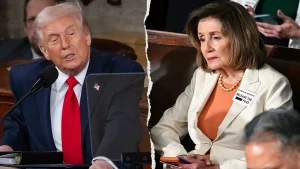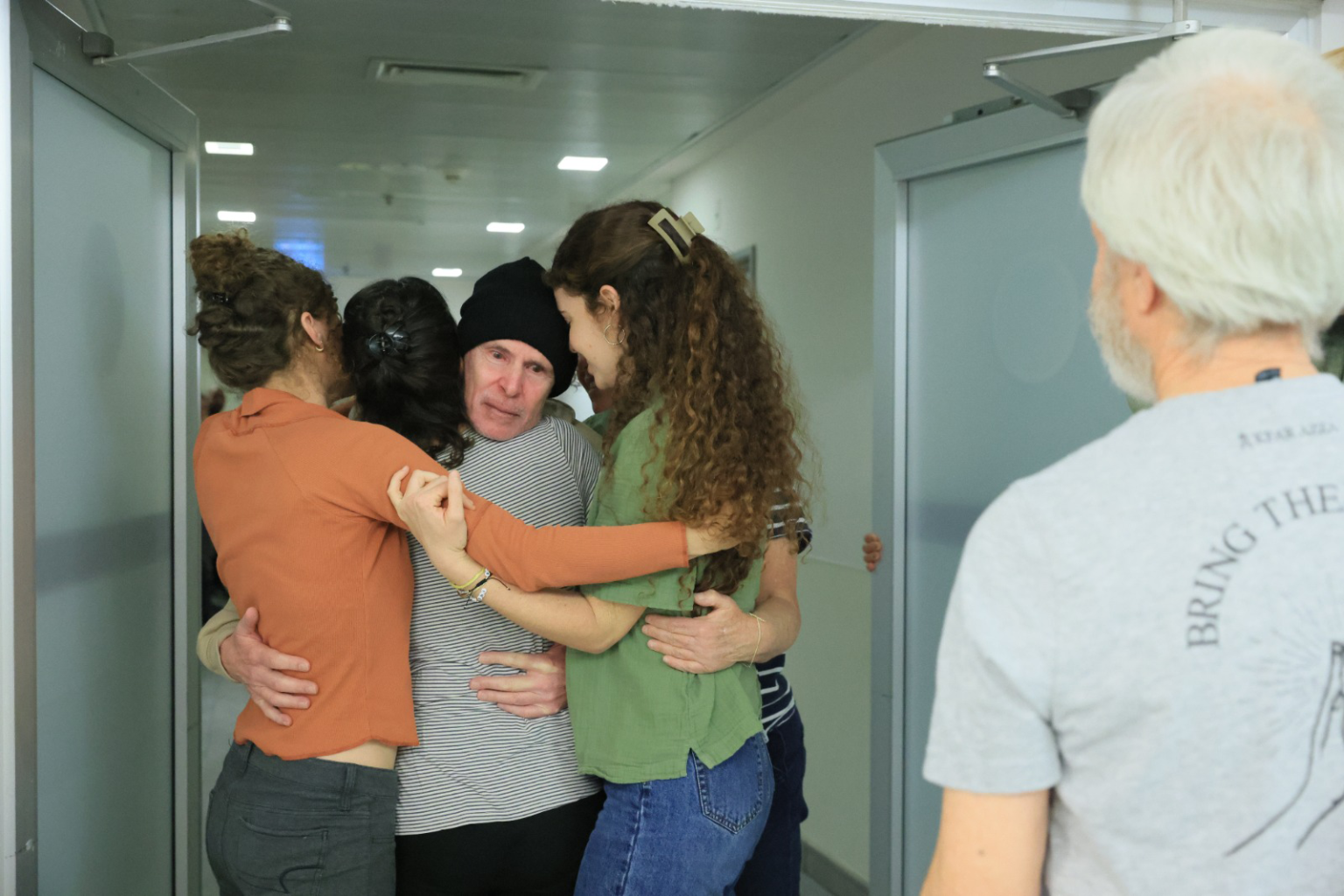The ongoing Israel-Hamas ceasefire agreement has witnessed the phased release of hostages held by the militant group since the devastating October 7, 2023 attacks. American-Israeli citizen Keith Siegel, along with Israelis Ofer Kalderon and Yarden Bibas, were the latest to be freed, marking a moment of profound relief for their families and a significant step in the delicate truce. Siegel’s release, in particular, garnered attention as the first American freed under the current agreement. His family expressed heartfelt gratitude to President Trump and his administration for their efforts, highlighting the long and agonizing wait they endured. Kalderon’s family also rejoiced at his return, acknowledging the difficult rehabilitation process that lies ahead. While these releases offer a glimmer of hope, the families of remaining hostages, including Bibas’ wife and two young children, continue their anguished wait.
The hostage release process underscores the complex and fragile nature of the ceasefire. The agreement hinges on a reciprocal exchange: Israeli hostages for Palestinian prisoners and increased humanitarian aid to the war-torn Gaza Strip. While the release of Siegel, Kalderon, and Bibas signifies progress, Hamas still holds a number of hostages, including six Americans, and the bodies of deceased captives. Among the Americans yet to be freed are Sagui Dekel-Chen, a father of three, and Edan Alexander, a young man serving in the IDF. The precariousness of the situation was further highlighted by Hamas’s controversial parading of hostages before a hostile crowd, a move that drew condemnation and temporarily disrupted the release process.
The White House has reiterated its commitment to securing the freedom of all remaining hostages, emphasizing President Trump’s personal involvement and the administration’s unwavering dedication to this critical issue. The President’s strong stance, warning of dire consequences for Hamas should they fail to comply, underscores the high stakes involved. Steve Witkoff, the White House envoy closely monitoring the situation, recently made a historic visit to Gaza, the first by a U.S. official in 15 years, highlighting the administration’s deep engagement in the region. Witkoff’s assessment of Gaza’s devastation paints a grim picture, estimating a decade or more for full reconstruction. He underlined the pivotal role of the hostage deal in stabilizing the region and paving the way for broader diplomatic efforts, including the normalization of relations between Saudi Arabia and Israel.
For the families whose loved ones remain captive, the ordeal continues. The emotional homecoming of Arbel Yehoud, released earlier in the week, underscored the trauma endured by the hostages and the enduring hope for the safe return of all. Yehoud’s father, Yechi, expressed profound gratitude to President Trump and Steve Witkoff, highlighting their crucial role in securing his daughter’s release. His unwavering determination to fight for the remaining hostages resonated deeply, encapsulating the collective anxiety and hope shared by families still awaiting their loved ones’ return. The ongoing ceasefire, a fragile attempt to halt a brutal 15-month conflict, remains tenuous. Each phase of hostage releases carries immense weight, with the potential to either solidify the truce or plunge the region back into violence.
The current plan envisages the release of 33 hostages over a six-week period, in exchange for the release of 2,000 Palestinian security prisoners, including individuals convicted of deadly attacks. Simultaneously, Israel has agreed to increase humanitarian aid to Gaza. However, Hamas’s commitment to fully complying with the agreement remains a source of concern. The potential for setbacks and renewed conflict underscores the delicate nature of the ceasefire and the need for continued international pressure to ensure the safe return of all hostages. The precarious balance between humanitarian concerns, political negotiations, and security imperatives defines the ongoing crisis.
Amidst this complex and volatile situation, Prime Minister Netanyahu has accepted President Trump’s invitation to visit Washington. This visit, scheduled for February 4, marks the first meeting between President Trump and a foreign leader in his second term. The discussions are expected to center on the hostage deal, the ongoing ceasefire negotiations, and broader regional security concerns, including the Iranian nuclear threat and the long-term reconstruction of Gaza. This high-level meeting underscores the critical importance of the hostage crisis and its broader implications for regional stability and international relations. The outcome of these discussions could significantly impact the future of the ceasefire, the fate of the remaining hostages, and the prospects for lasting peace in the region.














